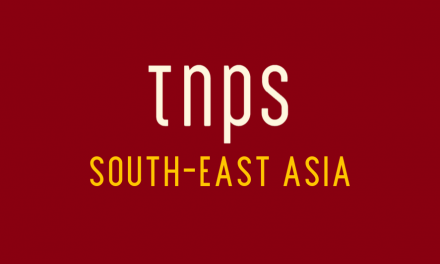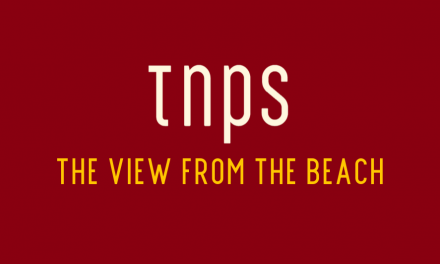Regular English children’s fiction at the time I was a kid, where it might have a Middle Eastern (or any foreign) character, was of its time – a polite way of saying racist stereotypes with camels and pyramids where remotely plausible – and sadly those stereotypes still pervade adult and children’s English literature today.
“In the heart of a region steeped in storytelling tradition, the Emirates Airline Festival of Literature has stood as a beacon of intellectual exploration for 15 years,” ran a post in the Arab Times earlier this month
The Festival is one I follow eagerly online each year but have devoted far too few TNPS column inches to, but this month an article about festival director Ahlam Bolooki caught my eye, and the headline struck a chord.
As a kid in the UK my knowledge of Arab literature ran to the full gamut from A to S – Aladdin, Ali Baba and Sinbad – all suitably reworked by British authors for young British minds, and probably about as authentically representative of the original Arabic folk tales as the Disney version of Aladdin.
To my shame I’ve never read a translation into English by an Arab author, which might have given me a better understanding of the originals. Best add that to my bucket list of Final Things To Do Before I Die.
Regular English children’s fiction at the time I was a kid, where it might have a Middle Eastern (or any foreign) character, was of its time – a polite way of saying racist stereotypes with camels and pyramids where remotely plausible – and sadly those stereotypes still pervade adult and children’s English literature today.
Yet my obsession with global literature and publishing today stems for those childhood experiences, so it cannot have been all bad.
And in this digitally-enhanced reading world of the 2020s it really ought to be easier, if not easy, to read quality translated Arabic literature.
So I love Ahlam Bolooki for what she’s been doing now as CEO of the Emirates Literature Foundation.
Per the Arab Times report, “A core focus for Bolooki and the Emirates Literature Foundation is the promotion of Arab authors within the broader literary landscape. Recognizing the underrepresentation of contemporary Arabic literature, Bolooki launched the Kateb Maktub initiative in 2020. This project aims to address the lack of information on Arab authors by substantially increasing their presence on Wikipedia, both in Arabic and English. Since its inception, Kateb Maktub has achieved a remarkable 500% increase in Wikipedia pages dedicated to Arab authors.”
I must confess to being wary of what I read on Wikipedia, but that’s got to be worth a look.
Read more about Ahlam Bolooki at the Arab Times.





